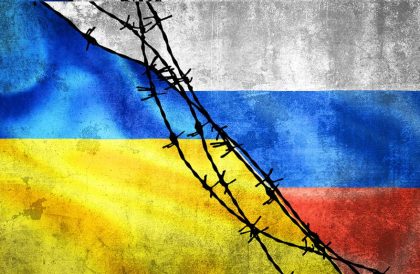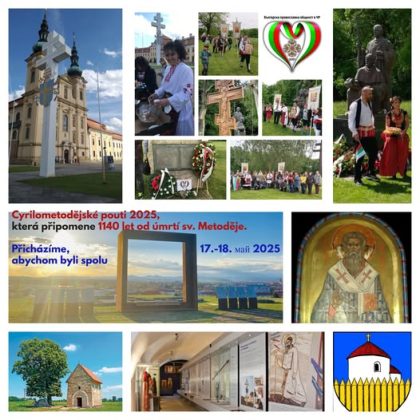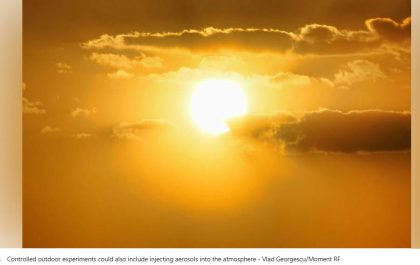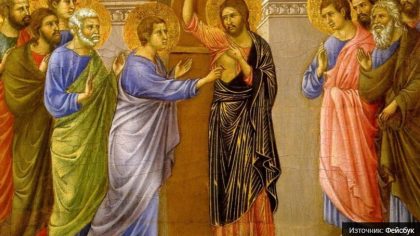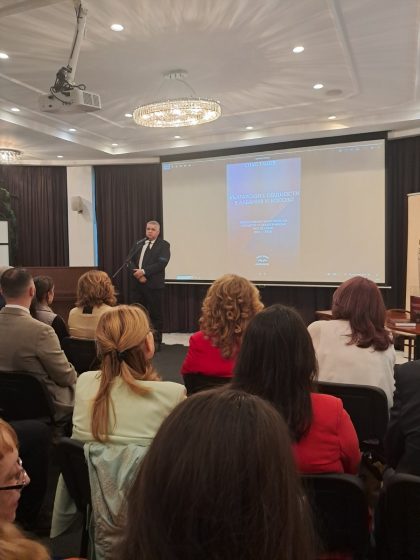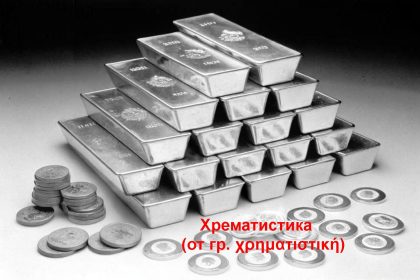Government in Sofia makes a U-turn after nationwide protests
Mirel Bran, Guardian Weekly
Shukri Hussein was only 23 when he first bought some land, with a friend, to start a farm at Praventsi, a village close to Novi Pazar, in north-east Bulgaria. Ten years later the biology graduate heads a 110-hectare organic farm with a workforce of 35.
He was pleased with what he had achieved and had no intention of letting anyone spoil his dream. At the beginning of January he joined thousands of others to protest against plans to explore the huge shale-gas reserves in his region. Their efforts were crowned with success. In June last year the Bulgarian government had granted a permit to the US firm Chevron to prospect across 4,400 sq km around Novi Pazar.
But in January parliament withdraw the permit issued to Chevron, and also decided to ban exploration of shale-gas reserves using the controversial hydraulic-fracturing (fracking) technique.
MPs cited as a precedent a French ban enacted last July, as Bulgaria became only the second state to ban the procedure.
The government had hoped that the new energy source would reduce the nation’s almost complete dependence on imported Russian gas, supplied by Gazprom. Bulgarian shale-gas reserves are estimated to amount to at least 300bn cubic metres, according to the economy and energy ministry.
„To begin with everyone was really enthusiastic,“ says Hussein. „We thought we’d get rich overnight. But when I realised the hazards this technology entails I was very concerned. I’ve worked hard for the past 10 years to build up the farm. If they start drilling for shale gas I’ll lose everything.“
Bulgaria’s reserves are several thousands of metres deep. Injecting water, sand and chemicals under high pressure to fracture the bedrock and release the gas involves a serious risk of groundwater contamination.
The risk is particularly serious in the Novi Pazar area, due to its particular geology. But looking further afield, fracking could affect the whole of the north-eastern Dobrudja region. „We were promised lots of jobs and other miracles,“ says Vessko Dimov, a dental surgeon from Novi Pazar who launched the anti-fracking protest movement. „But when we woke up to the hazards involved we decided to oppose the project.“A petition collected 15,000 signatures in a month and, much to the protesters’ surprise, several councils in the area decided to oppose fracking.
The campaign spread to Veliki Preslaz, a small town about 40km southeast of Novi Pazar. This historic stronghold is a tourist attraction and feared that trade might suffer.
From 893 to 972 the town was the Bulgarian empire’s second capital and the ruins of the old citadel are testimony to its past splendour. „The travel trade is vital for our town,“ says the leader of the local council Aleksandar Gorchev, elected three months ago. „Shale-gas exploitation is a real danger for us. Everyone would be OK if this technology did not pose any problems, but that’s not the case.“
In mid-January the anti-fracking demonstrations spread to the capital Sofia and a dozen other towns across Bulgaria. „I have to admit that at first, I didn’t believe we could do it,“ says Hussein. „It’s a big victory for us. In Dubai, they spend a fortune to make the desert inhabitable, whereas here in Europe we have everything we need. We don’t want to turn it into a desert.“
This article originally appeared in Le Monde.
